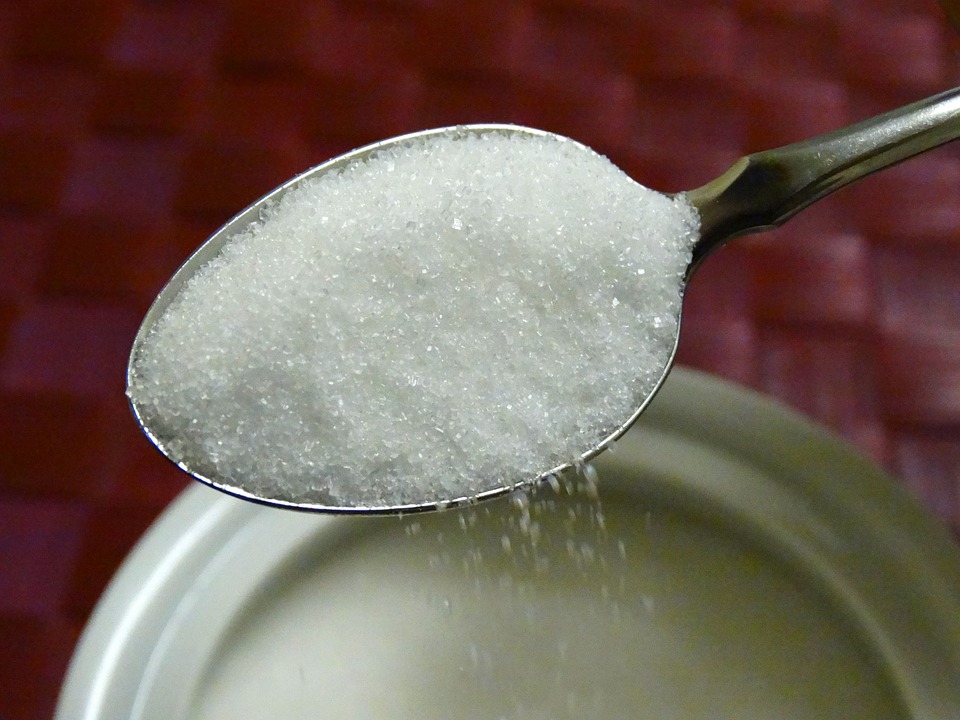By Tim Nordberg, Arizona State University Nutrition Student
There seems to be a new fad diet every year. For a while, everyone seemed to be worried about cutting carbohydrates from their diet but now it seems everyone is concerned about sugar. People are looking for alternative ways to get the sweetness in their food or beverages without the detrimental effect of an abundance of sugar. Overconsumption of sugar has the stigma of potentially leading to diabetes, which has become a growing issue in the United States. According to the Center for Disease Control: 29.3 million people in the United States have diabetes. That’s a staggering 9.3% of the population. (1) But the question remains, are these artificial sweeteners doing more harm than good?

“Research suggests that they may prevent us from associating sweetness with caloric intake. As a result, we may crave more sweets, tend to choose sweet food over nutritious food, and gain weight. Participants in the San Antonio Heart Study who drank more than 21 diet drinks per week were twice as likely to become overweight or obese as people who didn’t drink diet soda.” (2)
Having worked in the food service industry for almost four years, I have noticed that a lot of people depend on artificial sweeteners. Just like anything else though, moderation is key. Too much of anything can be a bad thing. There was a 10-week study done on mice where scientists were able to determine that the artificial sweetener saccharin caused glucose intolerance because it changed the way the gut micro biota of the mice worked. (3) If it is having this effect on the gut micro biota and giving the mice a glucose intolerance, one has to consider what effect this is having on humans who are consuming multiple servings of artificial sweeteners each day.
I was reliant on artificial sweeteners on one of my first quests to lose weight and found that by having them, my sweet tooth increased ten fold. I was always looking for something to satisfy my cravings and in turn did not lose weight nor gain weight but maintained my weight. I think that people should use sugar, but use it in smaller amounts. Obviously, people with diabetes don’t really have an option, as they have to watch their sugar intake at all times. Natural sugar is present in fruit, so not only are you having a healthy snack but you are giving your body the energy it needs. I always have a banana before I go workout so I have the carbohydrates. Also, a single banana contains roughly 14g of sugar, which is enough to power me through my workout or my morning.
In conclusion, be aware of “added sugar” but don’t be afraid of sugar. Just like anything, it’s only bad in large amounts. Artificial sweeteners may have that glamorous appeal because you get the sweetness without the sugar but the case is still open on the negative effects aspartame, saccharin, and sucralose have on the human body.
References
- “2014 National Diabetes Statistics Report.” Centers for Disease Control and Prevention. Centers for Disease Control and Prevention, 15 May 2015. Web.
- Strawbridge, Holly. “Artificial sweeteners: sugar-free, but at what cost?” Harvard Health Blog. N.p., 12 Dec. 2016. Web. <http://www.health.harvard.edu/blog/artificial-sweeteners-sugar-free-but-at-what-cost-201207165030>.
- Suez, Jotham, Tal Korem, David Zeevi, Gili Zilberman-Schapira, Christoph A. Thaiss, Ori Maza, David Israeli, Niv Zmora, Shlomit Gilad, Adina Weinberger, Yael Kuperman, Alon Harmelin, Ilana Kolodkin-Gal, Hagit Shapiro, Zamir Halpern, Eran Segal, and Eran Elinav. “Artificial Sweeteners Induce Glucose Intolerance by Altering the Gut Microbiota.” Obstetrical & Gynecological Survey1 (2015): 31-32. Web.
Meet the Author
My name is Tim Nordberg and I was born and raised in the San Francisco Bay Area. I am currently pursuing a career in the field of nutrition. My calling is to make the world a better place through the healing of the body, mind, and soul. I currently attend Arizona State University.


